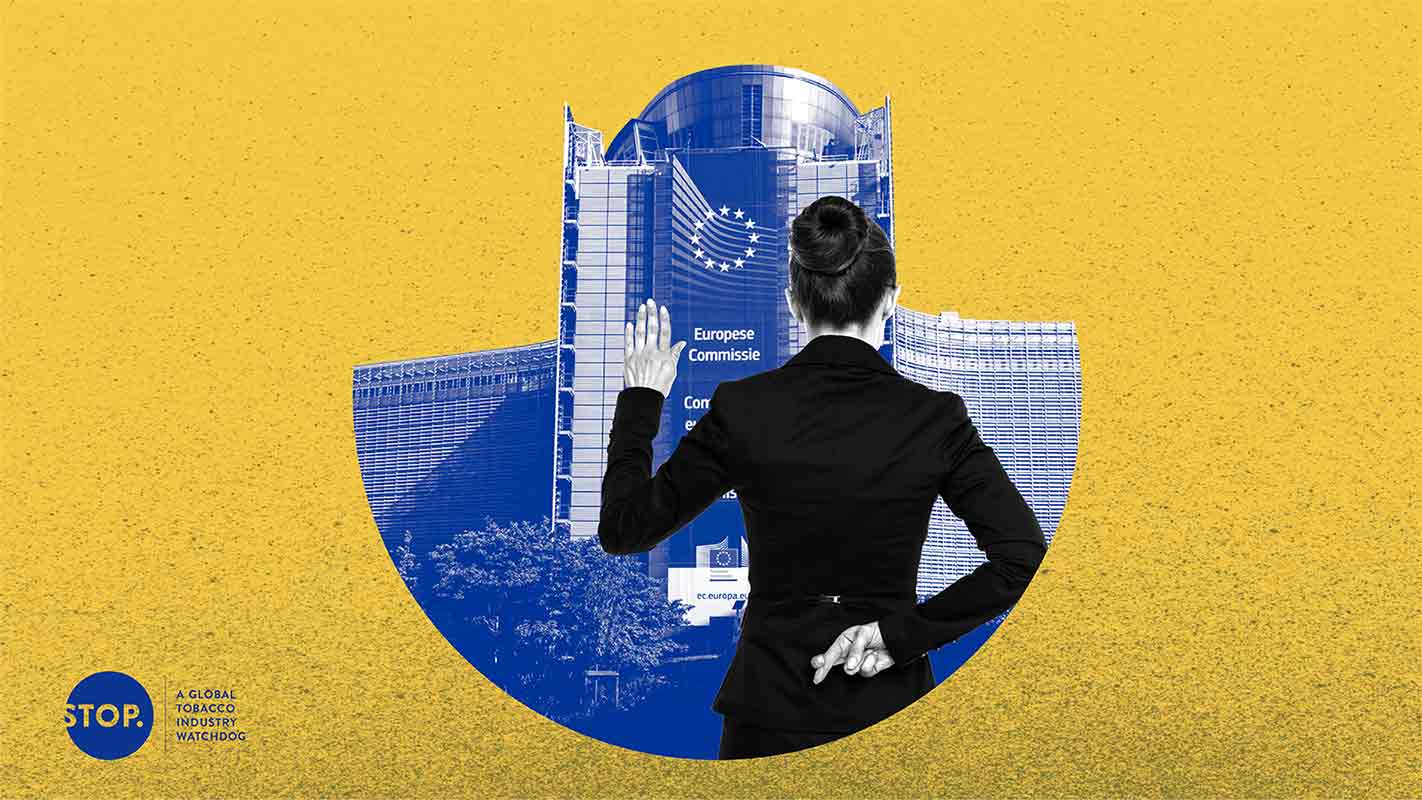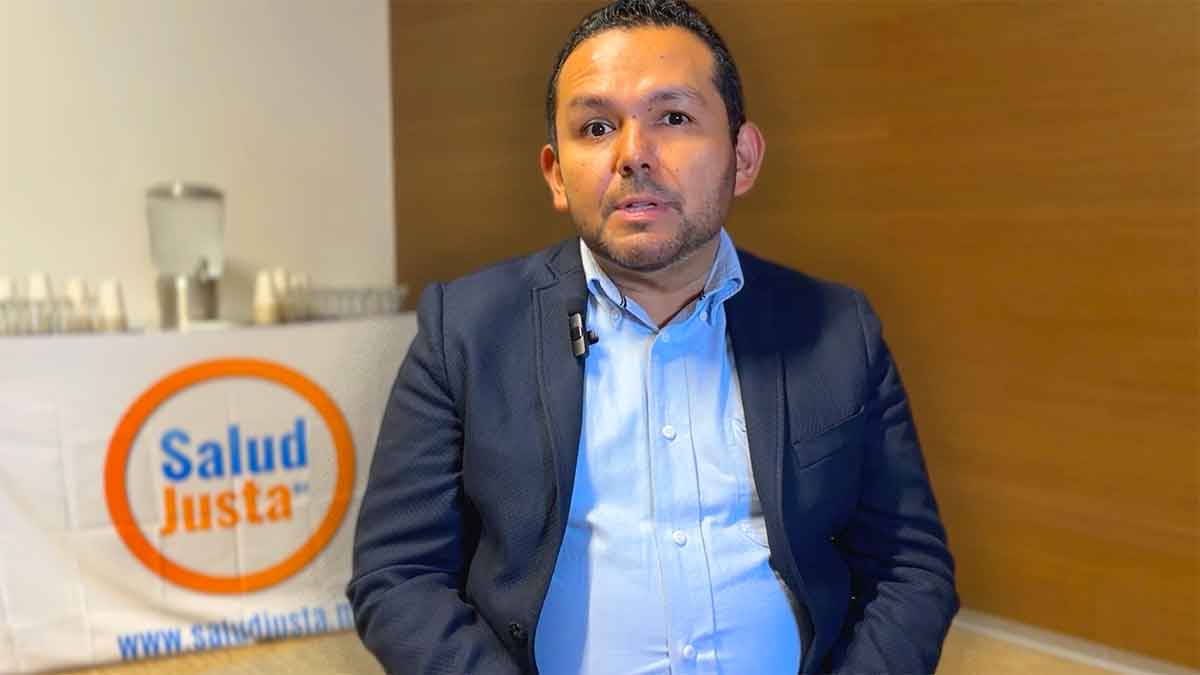- Resources
- News
-
-
Get Email Updates
Sign up for STOP's emails and never miss an update on our latest work and the tobacco industry's activity.
-
Get Funding
Ready to tackle industry interference? You could be eligible for a grant.
-
Share a Tip
Do you have information on tobacco industry misconduct in your country? Let us know.
-
Get Email Updates

Since 2019, the Global Tobacco Industry Interference Index (GTI) has exposed dozens of examples of tobacco industry lobbying. In almost all of these cases, the industry attempted to sway policies in favor of its commercial interests, and against tobacco control legislation. Tobacco lobbyists have influenced governments to make cigarettes cheap for consumers, make newer products more easily available and weaken restrictions on marketing—to the detriment of public health.
These examples represent just a portion of what’s actually happening. The GTI is based on individual country indices, which are prepared by local civil society groups using publicly available evidence. Due to the often opaque nature of lobbying, it is certain more tobacco lobbying is happening that is not identified by the public, and thus goes unrecorded.
Because most countries don’t have lobbying transparency laws, what happens behind closed doors stays a secret. The public may not be able to see how the industry is influencing policies, but will be the ones most affected by it.
Tobacco industry lobbying 101
Lobbying is one of the many ways the tobacco industry tries to interfere in policies that would reduce tobacco use and prevent youth uptake of addictive products. Lobbyists may work directly for a tobacco company or for an industry ally. Allies are front groups, third parties and astroturf groups that advocate for industry-friendly policies.
Lobbyists often fight against tobacco tax increases, plain packaging for tobacco products and regulations around heated tobacco products and e-cigarettes. They also advocate for business environments that allow the industry to operate unencumbered.
How do lobbyists attempt to create favorable conditions for the tobacco industry? A STOP report about lobbying in the European Union noted several tactics. Researchers found evidence of the industry: commissioning and promoting its own research that cast doubt on the scientific consensus around tobacco; attempting to postpone the implementation of new regulations; portraying itself as the victim of excess regulation and smuggling activity; publicly criticizing tobacco control advocates and the WHO Framework Convention on Tobacco Control; advocating for addictive newer products; and more.
How lobbyists are promoting the industry’s interests around the world
The 2023 Global Tobacco Industry Interference Index, produced by the Global Center for Good Governance in Tobacco Control, reported several worrying examples of lobbying, commonly around the industry’s newer tobacco and nicotine products. These examples illustrate not only the industry’s influence over policy, but the fragmented, sometimes-indirect way this influence is exerted.
In Georgia, the Business Association of Georgia (BAG), which is one of the main lobbyists of Philip Morris International (PMI)’s Georgian subsidiary, PM Georgia, was reportedly involved in lobbying to promote PMI’s heated tobacco product, IQOS. BAG filed a legislative proposal in Parliament to reduce tax on addictive heated tobacco products and e-cigarettes and to legalize their promotion.
In Kenya, British American Tobacco (BAT) claimed to have lobbied the government to reverse its 2020 ban on nicotine pouches. Though there is no public information about this lobbying, BAT announced it had agreed with the Ministry of Health to reintroduce its nicotine pouch product, Lyft (better known globally as Velo).
Another frequent lobbying target is tobacco taxes. A common industry narrative is that increased tobacco taxes leads to increased illicit tobacco trade. Based on this narrative, tobacco companies often try to influence tax policy via anti-illicit partnerships with governments. In Colombia, for example, PMI signed an agreement with the National Federation of Departments (FND) to offer training and assistance around anti-tobacco-smuggling activity. PMI reportedly gave money to the FND to promote anti-smuggling policies, and also reportedly benefited from the FND’s lobbying in Congress against tobacco tax increases.
According to the 2021 GTI, the industry also reportedly lobbied governments in Indonesia and Myanmar to maintain complex, inefficient tobacco tax systems.
The 2021 GTI revealed several examples of COVID-19-related lobbying. While the world was grappling with the onset of the pandemic, unsure of the magnitude of harm that was to follow, tobacco lobbyists were busy trying to convince governments that tobacco was an “essential” product and that tobacco businesses should continue to operate as usual.
In April 2020 in Bangladesh, the Ministry of Industries granted special permission to BAT and Japan Tobacco International to continue manufacturing and distributing cigarettes, even amid a nationwide COVID-related shutdown. In June 2020, the mayor of one Brazilian city, where six tobacco companies were located, allowed tobacco plants to function at full capacity following lobbying by industry ally, the Association of Brazilian Tobacco Farmers.
The consequences of tobacco lobbying
Policies that increase tobacco taxes, ban flavors, effectively regulate new addictive products and promote other tobacco control measures are essential to protecting public health. The effects of these policies cascade into substantial benefits for individual people and societies: Reduced tobacco use improves people’s physical health, mental health and their productivity, and can improve their financial situation. On a larger scale, it means reduced environmental destruction and social inequity.
These are the policies lobbyists want to stop or render ineffective. In their place, lobbyists promote policies that protect the tobacco industry’s profits at the expense of public health.

The Global Tobacco Industry Interference Index raises a warning flag in its key findings: There is not enough transparency around the industry’s interactions with governments.
An antidote to industry influence: transparency
Every year, the GTI raises a warning flag in its key findings: There is not enough transparency around the industry’s interactions with governments. This lack of transparency allows lobbyists to continue swaying policies against the interests of public health. If lobbying can’t be seen, it can’t be reported, and industry influence can continue unchecked.
A concrete step that governments can implement is requiring the industry to disclose its lobbying activities. For example, the 2023 and 2021 GTIs reported that Ecuador and Uganda require the industry to report data on its lobbying activities. The United States mandates that all lobbyists, including those representing the tobacco industry, register when operating at the national level.
These transparency reporting requirements must be robust in order to be effective. Colombia, for example, may request information on lobbyists, but does not have a specific registration for tobacco industry entities. New Zealand publishes tobacco industry revenues, but does not require information on lobbying expenditures.
Governments can also do their part by recording and disclosing all interactions between policymakers and members of the tobacco industry.
Transparency alone, however, will not solve this problem. Governments also must implement Article 5.3 of the WHO FCTC. For example, the United States is not a Party to the FCTC and thus industry interference remains high, despite the government having a robust lobbying registry in place.
Tobacco industry interference is said to be the greatest barrier in reducing tobacco use and tobacco-related deaths around the world. Article 5.3 is designed to keep industry influence out of health policies. Some countries are already taking action to make lobbying less effective for tobacco companies. It’s time that more join the movement.





